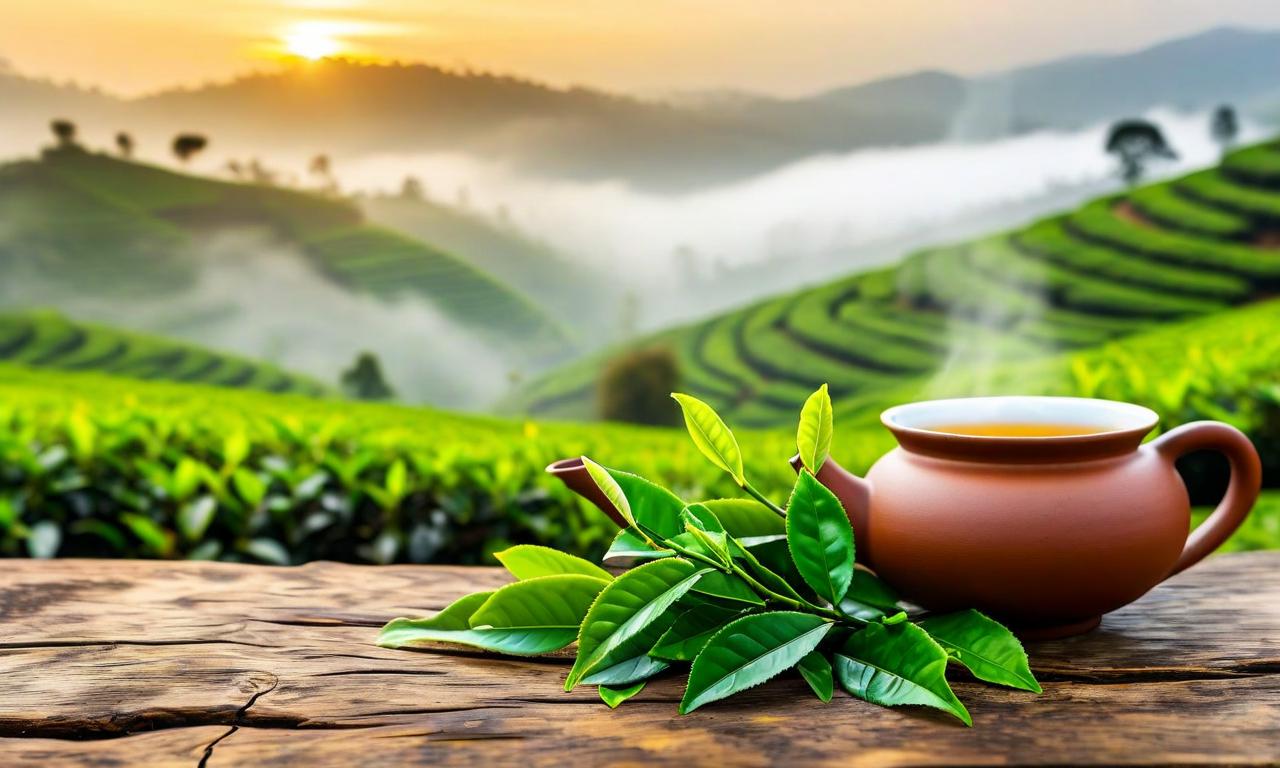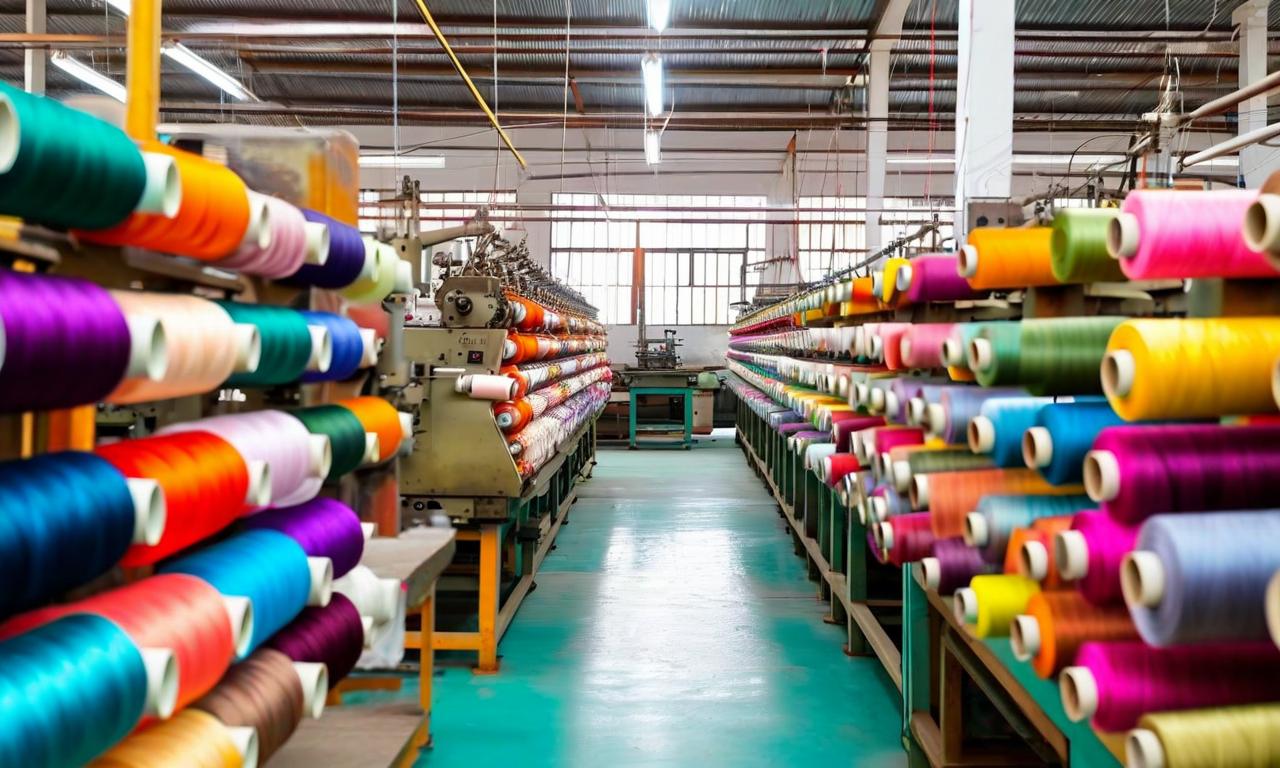Indian Tea Industry Grapples with US 50% Tariff Hike, Calls for Government Support
The US has increased tariffs on Indian tea imports to 50%, causing concern in the Indian tea industry. The Indian Tea Association warns this could severely limit exports to the US, a significant market importing about 17 million kg of Indian tea. The industry is also facing issues like declining prices, import influx, and export market volatility. In response, the association has demanded government intervention, including minimum pricing, production incentives, export parity with competitors, import restraints, and trade agreement revisions.

*this image is generated using AI for illustrative purposes only.
The Indian tea industry is facing a significant challenge as the United States imposes an additional 25% tariff on Indian tea imports, bringing the total levy to 50%. This development has raised concerns among tea producers and exporters, potentially impacting a crucial market for Indian tea.
US Tariff Hike Impact
The Indian Tea Association has expressed deep concern over the increased US tariffs, which took effect on August 27. The United States, a significant importer of Indian tea, brought in approximately 17.00 million kilograms of tea from India. The association warns that the new 50% tariff could severely limit beverage exports to the US market.
Industry Challenges
The tea industry is grappling with multiple issues that threaten operations in key tea-producing regions like West Bengal and Assam:
- Declining tea prices
- Influx of imports
- Volatility in export markets
Demands for Government Intervention
In light of these challenges, the Indian Tea Association has put forth several demands to the government:
- Implementation of minimum sustainable pricing
- Incentives for orthodox tea production
- Export market parity with competitors like Sri Lanka and Indonesia
- Restraints on low-quality tea imports
- Revision of trade agreements, including the Indo-Nepal treaty
Looking Ahead
The Indian tea industry, a significant contributor to the country's agricultural exports, is at a critical juncture. The combination of international trade pressures and domestic challenges necessitates a strategic response from both the industry and the government to maintain India's position in the global tea market.
As the situation unfolds, stakeholders are closely watching for any government measures or industry initiatives that might mitigate the impact of these tariffs and address the broader issues facing the tea sector.
























